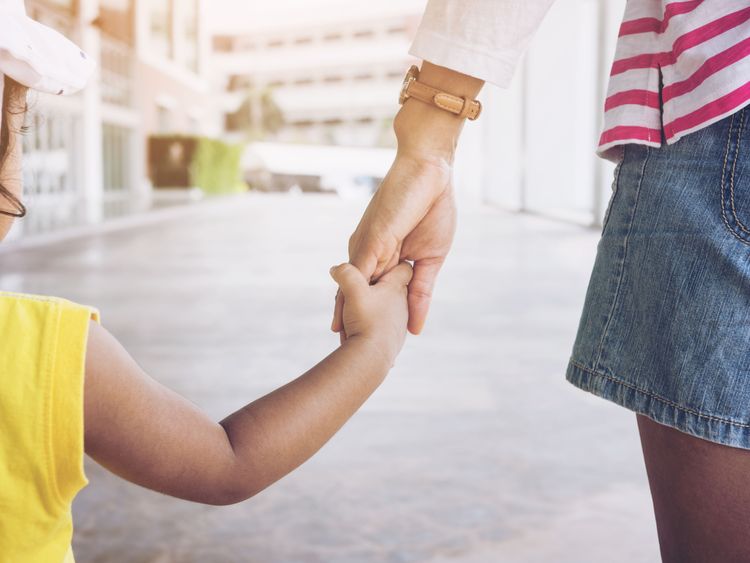Dubai: From online addiction and school refusal to anxiety disorders and social skills deficit, the COVID-19 pandemic had played havoc with the mental health of many children worldwide.
With the perils of the pandemic fading away and most protocols dropped, now is the time to ensure that children’s mental health continues to get priority post-pandemic as well, experts in the UAE said in view of World Mental Health Day (October 10).
Echoing the same, Dr Reena Thomas, clinical psychologist, Medeor Hospital, Dubai, said children, regardless of age, developed more anxiety in social situations due to restricted social opportunities.
“They were mostly isolated and limited to gadgets which made their normal growth challenged. They failed to develop adequate social skills required of their age which made them feel even more handicapped. Their self-esteem also got compromised at a higher level.”
Under the movement restrictions, many children also lost the valuable opportunities for developing their social skills.
School refusal, somatic concerns (constant worry about potential illness), anxiety symptoms, changed sleep and eating habits have been some of the post pandemic concerns among children, the experts said.
Threat of online addiction
Another major impact of the pandemic was the rise in online addiction. When schooling moved to online platforms, children had free access to tabs, mobile phones and internet and many began to find their comfort and excitement in video games and online channels.
Threat of online addiction
Another major impact of the pandemic was the rise in online addiction. When schooling moved to online platforms, children had free access to tabs, mobile phones and internet and many began to find their comfort and excitement in video games and online channels.
Pointing out that spending time alone by themselves has become a way of life for many pandemic-era children, he said: “We, as a community, need to take these signs rather seriously and take adequate remedial measures to compensate for the lost developmental opportunities. Now that we are out of the crisis, this is the time to learn from this unusual experience and take adequate measures to remedy the problems.”
Dr Reena said parents need to take school counsellors and teachers to confidence and work together to provide a supportive platform for students facing mental health concerns.
“Being more sensitive to mental health issues will help in early detection of problems and seek treatment. Weaning off gadgets and encouraging outdoor activities will be a better option to provide more opportunities for socialisation. Gradual exposures and social skill training at an individual or group level can be helpful,” she added.
Read More: Gulf News



